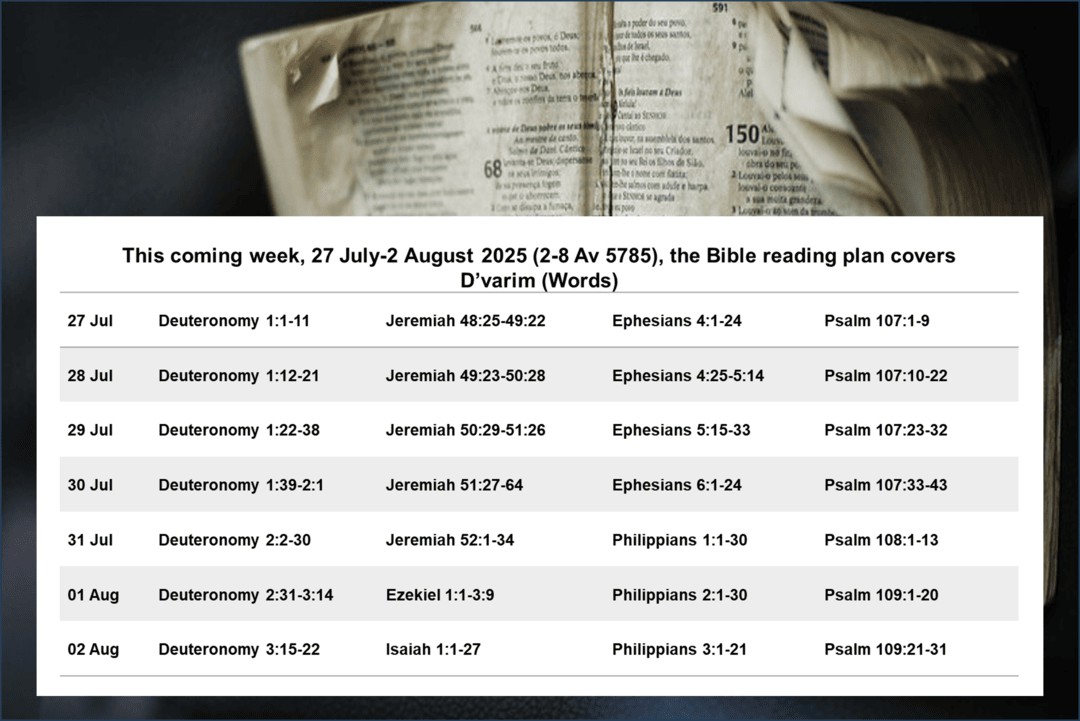Watch
Events
Articles
Market
More
is it ok to get onto ttn on Sabbath? to read only is one thing, to post another.
do we move out of our house when we 'talk' over x amount of miles?
how are we to compare it to work?
is the fact the Sabbath was made for man pertinent?
i genuinely don't know, would like to hear what people think, and am sneakily testing rhy's new question post story...



Leviticus 23
1And יהוה spoke to Mosheh, saying,
2“Speak to the children of Yisra’ĕl, and say to them, ‘The appointed times of יהוה, which you are to proclaim as set-apart gatherings, My appointed times, are these:
3‘Six days work is done, but the seventh day is a Sabbath of rest, a set-apart gathering. You do no work, it is a Sabbath to יהוה in all your dwellings.
4‘These are the appointed times of יהוה, set-apart gatherings which you are to proclaim at their appointed times.



Thought for Today: Shabbat July 26
When we, as honest and true believers preach justice, it is justice tempered with love… When we preach atonement for sin, it is atonement necessitated because of love, provided by love, and finished by love… No matter what sin we have committed, no matter how black, dirty, shameful or terrible it may be, YHVH Elohiym loves us. “For He so loved the world, that He gave His only begotten Son, that whoever believes in Him should not perish but have eternal life.” (John 3:16)



This coming week, 27 July-2 August (2-8 Av 5785), the Bible reading plan covers D’varim (Words).
https://thebarkingfox.com/2025..../07/25/weekly-bible-




This coming week, 27 July-2 August (2-8 Av 5785), the Bible reading plan covers D’varim (Words).
https://thebarkingfox.com/2025..../07/25/weekly-bible-




There were 42 camps in the wilderness, 42 non-refuge Levitical cities, 42 boys mocked and threatened Elisha, there are 42 months of antichrist.
What does this mean?
According to Bullinger 42 signifies "man's opposition to God." Does that fit with those examples? I can see how that might fit, but I'm not entirely convinced. It might represent God counteracting man's opposition.
#masei



Henk Wouters
no, rhy! question.
you said one purpose was to make it easier to find question posts, when one feels in an answering kind of mood.
is there a filter that brings up question posts only?
Delete Comment
Are you sure that you want to delete this comment ?
GidgetsMom
Delete Comment
Are you sure that you want to delete this comment ?
Mark Price
Delete Comment
Are you sure that you want to delete this comment ?